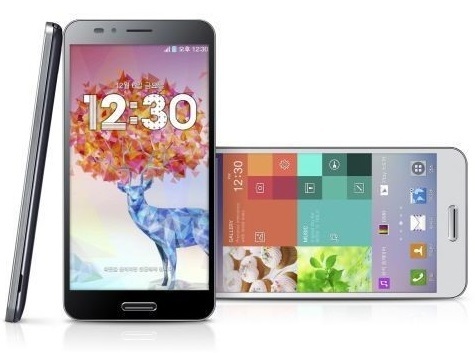The fate of mobile phone maker Pantech hangs in the balance as its creditor-led debt restructuring program shows no signs of improvement and the country’s three telecom giants resist joining in the recovery efforts.
SK Telecom, KT and LG Uplus were given extra time to consider a proposal by Pantech’s creditors led by the state-run Korea Development Bank. But judging by their comments to the press, they continue to appear uninterested in turning the 180 billion won ($178 million) that Pantech owes them into equities and becoming shareholders of the Vega smartphone creator.
SK Telecom, KT and LG Uplus were given extra time to consider a proposal by Pantech’s creditors led by the state-run Korea Development Bank. But judging by their comments to the press, they continue to appear uninterested in turning the 180 billion won ($178 million) that Pantech owes them into equities and becoming shareholders of the Vega smartphone creator.

This is in large part due to the risk of losing their entire investment even after Pantech is saved, as the cash-strapped company could go broke again like it did in 2007 and in 2013.
Without their firm commitment to reviving the company, Pantech’s creditors see no hope in continuing its debt workout. Instead, they will have to hand Pantech over to a bankruptcy court, which raises the chance for its investors to recoup some, if not all, of their money through asset management and liquidation.
At this point, court receivership may look more promising for Pantech than continuing an uphill battle against Samsung Electronics and LG Electronics for market share.
But the further void of competition in the market, which has already seen foreign handset makers bow out, would allow Samsung and LG tremendous power over pricing and distribution, and sharply limit consumers’ choices.
Pantech, founded by Park Byeong-yeop in the early 1990s, resonated with stories of success and hopes that there was truly a place for a venture to grow and compete even in the Korean tech market dominated by Samsung and LG.
But the pager-turned-phone maker soon faced limits in fighting cash-rich giants both at home and abroad even after it was well positioned over LG before the G smartphone maker regained its momentum, and secured investments from Samsung and Qualcomm, a global communications chip maker.
With the saturated smartphone market reaching maturity, as seen by Samsung’s mobile earnings sliding, Pantech is becoming less and less attractive for its investors to rejuvenate.
Its creditors must consider what is best for Pantech and its employees and move fast in possibly coming up with another option such as finding a suitable buyer ― anywhere, even a foreign venture or fund ― instead of relying on the three mobile carriers.
By Park Hyong-ki (hkp@heraldcorp.com)









![[Hello India] Hyundai Motor vows to boost 'clean mobility' in India](http://res.heraldm.com/phpwas/restmb_idxmake.php?idx=644&simg=/content/image/2024/04/25/20240425050672_0.jpg&u=)









